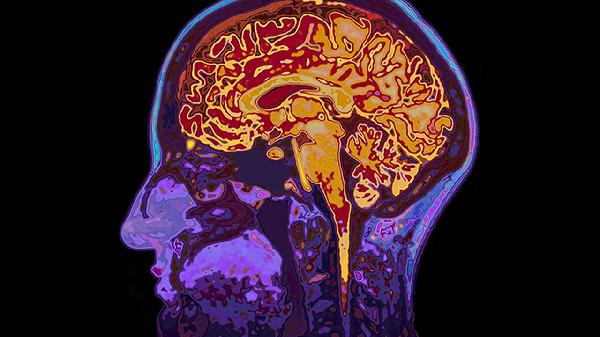If you find yourself constantly overreacting to minor issues in relationships—exploding with anger at small provocations, feeling deeply wounded when others don't meet your expectations—psychology suggests this isn't inherent personality flaw. Rather, these emotional eruptions often stem from accumulated past hurts that have conditioned you to use anger as a protective shield. This defensive mechanism typically originates from two primary sources: childhood developmental trauma and current relational dynamics that unconsciously retrigger old wounds.

The Childhood Origins of Emotional Instability
Children raised in unpredictable environments—whether due to emotionally volatile parents, frequent relocations, abandonment through foster care, or patterns of neglect—develop nervous systems stuck in perpetual survival mode. When caregivers alternate between explosive anger and emotional withdrawal, or when a child's basic needs for security go unmet, the brain wires itself to expect danger constantly.
These children become adults who perceive ordinary frustrations as existential threats. Where others might calmly navigate a partner running late or a coworker's criticism, trauma-conditioned individuals experience physiological panic—racing heart, tunnel vision, muscle tension—identical to facing genuine peril. This isn't deliberate hypersensitivity; it's the body's learned alarm system misfiring due to past programming.
The Science of Emotional Flashbacks
Modern psychology identifies these sudden regressions into childhood distress states as "emotional flashbacks." When a present-day interaction subconsciously mirrors past wounds (a dismissive tone echoing a neglectful parent; a broken promise recalling unreliable caregivers), the mind time-travels. The adult prefrontal cortex gets hijacked by the terrified inner child's limbic system, resulting in disproportionate reactions:
A spouse forgetting to pay a bill triggers screaming rage (replaying childhood financial instability trauma)
A friend's delayed text response spirals into abandonment panic (replicating parental indifference)
Constructive criticism ignites defensive hostility (reenacting parental shaming episodes)
These aren't rational responses to current events, but the psyche's attempt to finally "win" childhood survival battles by forcing different outcomes through adult-sized tantrums.
How Toxic Relationships Amplify Old Wounds
Many individuals enter new relationships or jobs as emotionally balanced people, only to later exhibit uncharacteristic volatility. This phenomenon often reveals covertly harmful dynamics:
Gaslighting partners who dismiss concerns as "overreactions" gradually erode emotional stability, leaving victims constantly second-guessing their perceptions until they explode in frustration. Workplace bullying or manipulative friendships that mirror childhood power imbalances can resurrect dormant defensive behaviors. Even well-intentioned but emotionally immature partners may unintentionally trigger trauma responses by replicating parental patterns of unreliability.
Rewiring the Trauma Brain
Healing begins with recognizing these patterns not as personal failings, but as the psyche's misguided attempts at self-protection. Effective strategies include:
1. Building a Pause Button
Train yourself to notice physiological warning signs (clenched jaw, shallow breathing) before reacting. Even a 90-second delay can prevent limbic system hijacking.
2. Reality-Testing Thoughts
Ask: "Am I reacting to what's happening now, or to old memories? What evidence contradicts my catastrophic interpretation?"
3. Reparenting Your Inner Child
Visualize comforting your younger self during flashbacks. Adult-you can now provide the safety childhood-you lacked.
4. Choosing Growth-Oriented Relationships
Surround yourself with people who respond to vulnerability with empathy rather than dismissal or retaliation—experiences that gradually rewire attachment expectations.
The path toward emotional regulation isn't about suppressing anger, but understanding its roots. Each outburst contains coded messages about unmet childhood needs. By decrypting these signals with compassion, we transform rage from a destructive force into a roadmap for profound healing—one that leads not back to the past, but forward to relationships where safety isn't something we demand through fury, but cultivate through mutual care.
























